![The Facade of Indian Strategic Autonomy Prime Minister Narendra Modi with External Affairs Minister S. Jaishankar at an official event. [Photo Courtesy: Praveen Jain via The Print].](https://southasiatimes.org/wp-content/uploads/2026/02/20-scaled-e1755601883425-1024x576-1.webp)
The Facade of Indian Strategic Autonomy
India’s strategic autonomy faces pressure as US trade leverage, energy dependence, and defence ties test New Delhi’s balancing doctrine.
![The Facade of Indian Strategic Autonomy Prime Minister Narendra Modi with External Affairs Minister S. Jaishankar at an official event. [Photo Courtesy: Praveen Jain via The Print].](https://southasiatimes.org/wp-content/uploads/2026/02/20-scaled-e1755601883425-1024x576-1.webp)
India’s strategic autonomy faces pressure as US trade leverage, energy dependence, and defence ties test New Delhi’s balancing doctrine.
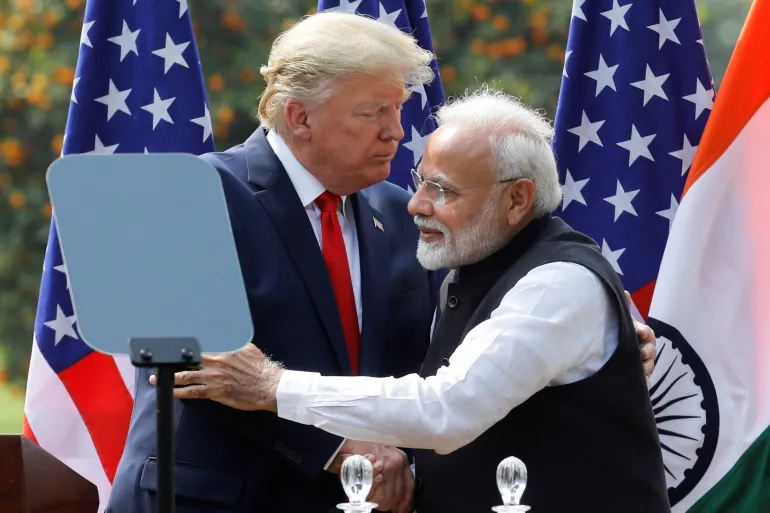
Washington’s new security lens is transactional. Partnerships must pay. For India, sentiment won’t suffice, deliverables will.
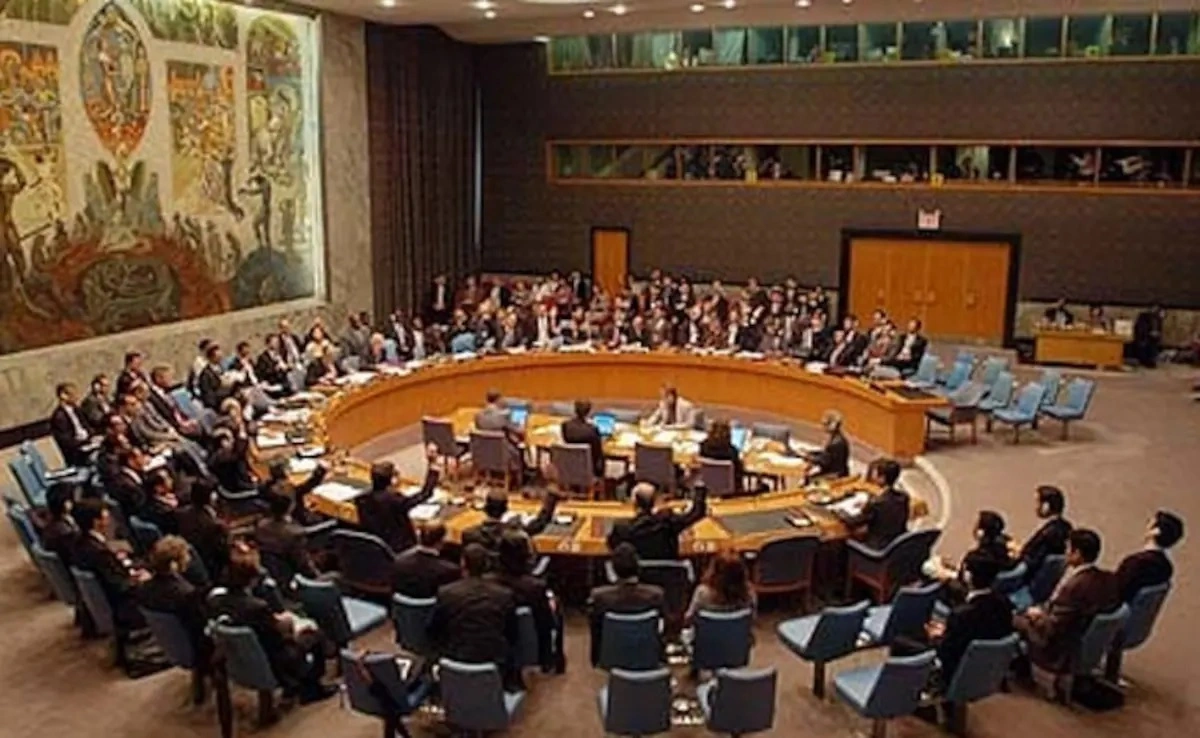
UN report warns of rising TTP attacks from Afghanistan and growing regional terror threats, rejecting Taliban claims of eliminating militants.

Indian national Nikhil Gupta pleads guilty to plotting murder of US Sikh separatist leader; highlights transnational repression risks.
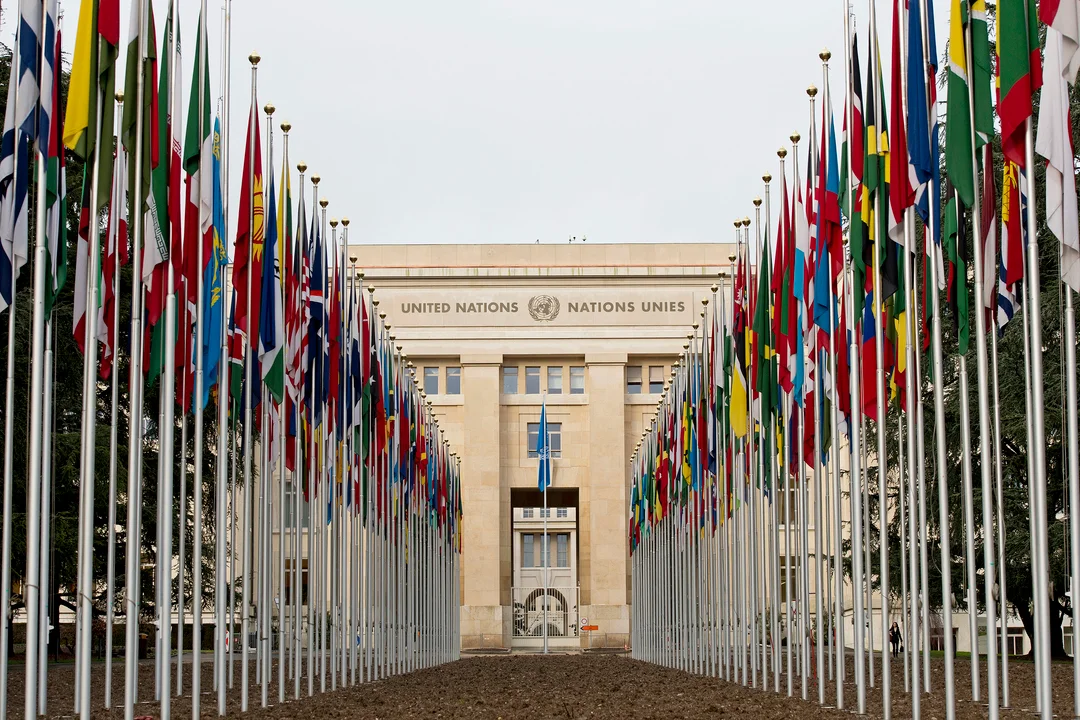
UN Security Council renews Taliban sanctions monitoring as Afghanistan remains a hub for international terrorist networks.
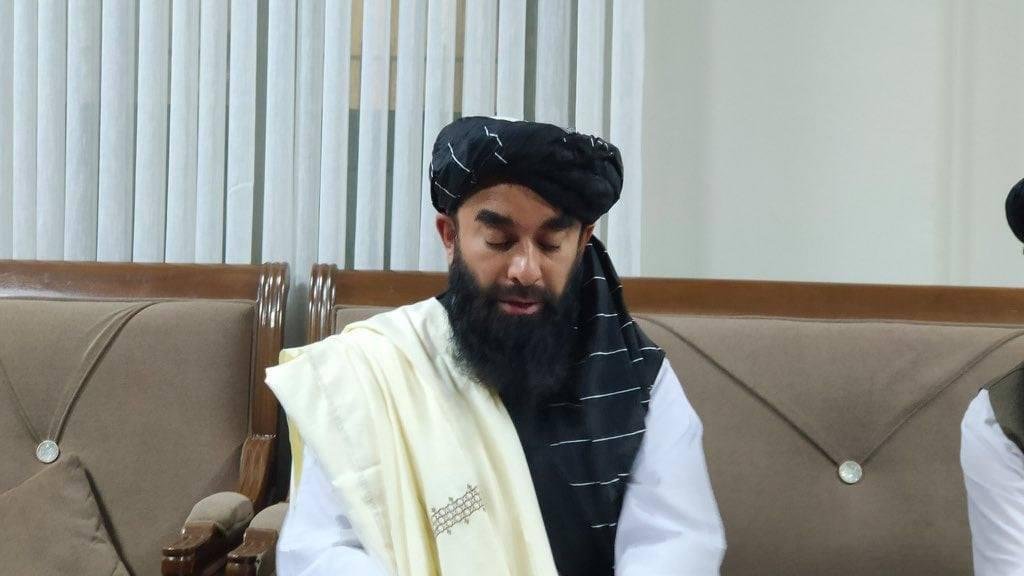
Analysis of Taliban claims versus UN findings, examining sanctions, militant presence, and Afghanistan’s regional security impact.
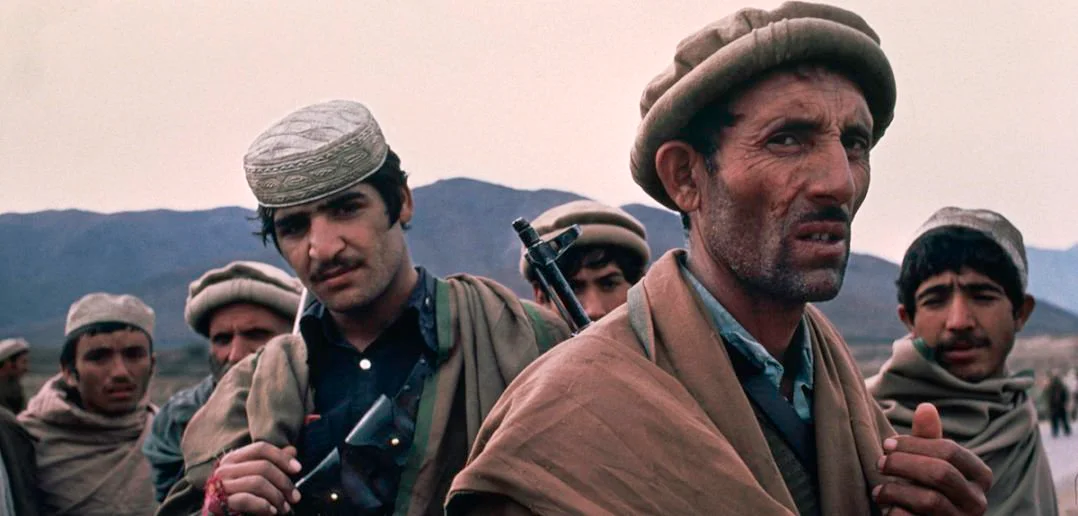
Afghanistan has historically been a mosaic of ethnic identities rather than a homogenous nation-state. Pashtuns constitute roughly 40–45% of the population, followed by Tajiks (25–30%),

Analysis of Balochistan’s security landscape, where militancy exploits socio-economic grievances even as CPEC-driven investments seek stability through infrastructure, education, and connectivity.
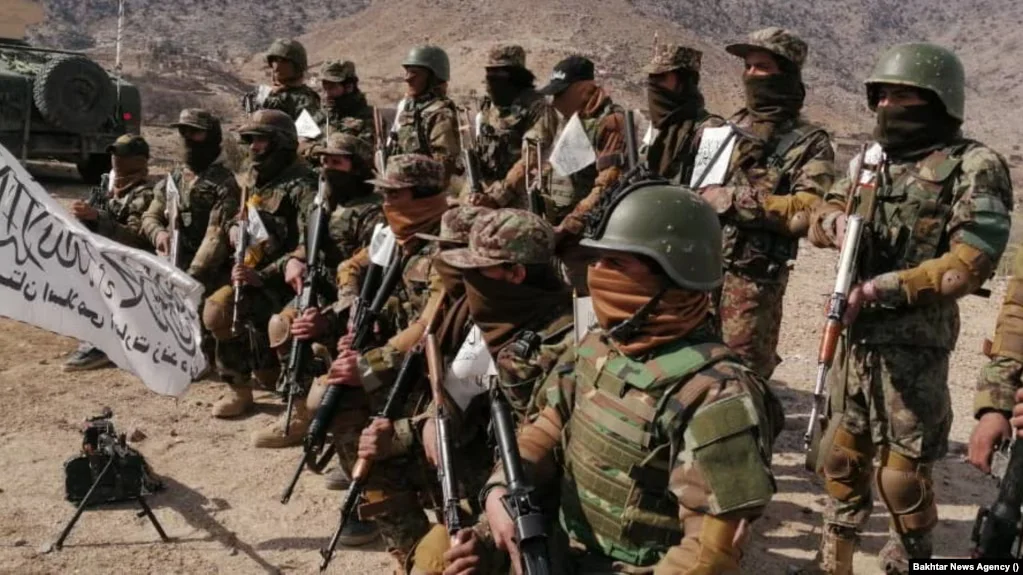
Afghanistan’s north fuels cross-border militancy, drone attacks, and drug trafficking, prompting CSTO, CIS & SCO security action.

For more than five decades the Pakistan Atomic Energy Commission has developed a nationwide network of twenty Atomic Energy Cancer Hospitals, the recent one constructed in Muzaffarabad, Azad Jammu and Kashmir. These hospitals treat over 40,000 new cancer patients every year where around one million cancer-related procedures performed annually. Together, they treat approximately 80 percent of the country’s cancer burden.